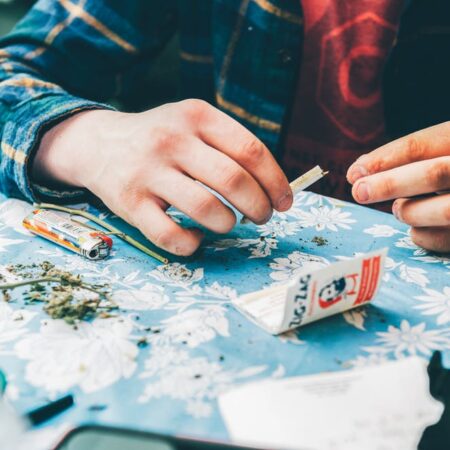Addiction begins with the hope that something ‘out there’ can instantly fill up the emptiness inside.” – Jean Kilbourne
Do you think addiction can’t happen to your child?
As a substance abuse counselor, I have seen many individuals from “good homes” with “good parents” who started down a bad path with drugs/alcohol during their teen years. Their parents probably didn’t think it could happen either! Years later, these individuals are still paying the price for their addictions.
First off, no amount of alcohol, tobacco, or illicit drugs is safe for teens! Why do I make such a bold statement?
The teen forebrain is still developing important functions such as impulse-control, decision-making skills, and the ability to consider long-term consequences. These are all functions that can make it difficult for a teen to refuse drugs, and is the reason for the impairment done to their body by the substances.
How do we prevent teens from using substances?
As Benjamin Franklin said, “An ounce of prevention is worth a pound of cure.” So, how is this done—in practical terms?
—Talk to your kids about drugs, alcohol, and tobacco. Start early, use age-appropriate terms and concepts, and be conversational. Explain what the substances do to their brain and body. Be the safe place where your kids can go to ask questions when—not if—they have them.
—Secondly, be aware of the mental health needs of your teen. Did you know that about half of the people with a mental illness also have a substance abuse problem? The opposite is also true: about half of the people with addictions also have a mental illness.
If your child or teen is struggling with depression, anxiety, or other mental health issues, make sure to get the issue treated properly by a trained therapist or psychiatric practitioner. This approach helps prevent kids from self-medicating with other substances.
Be on the watch
If you think your teen might be using substances, be observant! Some common signs of drug use include a switch in peer-group, a noticeable change in eating or sleeping patterns, or a sudden decline in school attendance or grades. However, these are also potential signs of mental health issues. Here’s where open communication and the value of knowing your child will come in, so you can distinguish between the two.
Lastly, if your child has disclosed substance use to you, or if you suspect they have been experimenting with substances, seek medical assistance. A doctor trained in substance use screening can determine if your child has been using substances, and can help steer you in the right direction with referrals if needed.
Getting teens with substance abuse problems treated early is critical to avoid physical and developmental problems related to ongoing substance use.
Contact The BabbCenter for Counseling at 615-824-3772 to schedule an appointment with Lorraine Looney, Substance Abuse Counselor.


